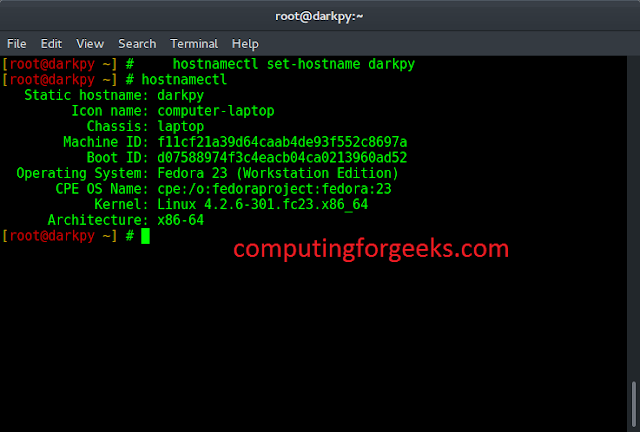Booleans.hashCode() is a method of Booleans class in Guava Library which is used to return a hash code for a boolean value. The hashCode is an unique integer value that is calculated by the compiler for an object. It remain the same if the object value does not changes.
Syntax:
public static int hashCode(boolean value)
Parameter: This method takes a mandatory parameter value which is a boolean value for which the hashCode is to be found.
Return Value: This method returns an integer value which is the hash code for the specified value.
Below programs illustrate the use of the above method:
Example-1 :
// Java code to show implementation of// Guava's Booleans.hashCode() methodimport com.google.common.primitives.Booleans;import java.util.Arrays; class GFG { // Driver's code public static void main(String[] args) { // Using Booleans.hashCode() method to // get the hash code for value System.out.println(Booleans.hashCode(true)); }} |
1231
Example 2 :
// Java code to show implementation of// Guava's Booleans.hashCode() methodimport com.google.common.primitives.Booleans;import java.util.Arrays; class GFG { // Driver's code public static void main(String[] args) { // Using Booleans.hashCode() method to // get the hash code for value System.out.println(Booleans.hashCode(false)); }} |
1237




